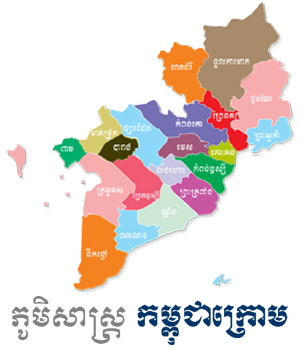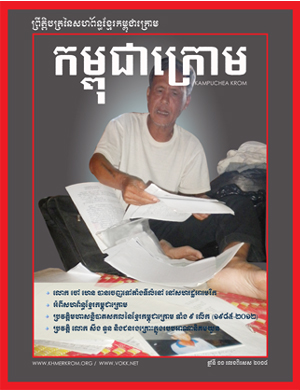
World Uyghur Congress official Dolkun Isa speaks to RFA in Washington on Nov. 11, 2012. RFA
Taiwanese authorities have prevented the executive chairman of an international Uyghur organization from participating in a human rights conference to be held in Taiwan later this month, the World Uyghur Congress (WUC) said Friday.
Dolkun Isa, WUC’s executive chairman, will not be able to attend the Asia Pacific Religious Freedom Forum on Feb. 18-21 because of likely pressure from Chinese authorities, the Munich, Germany-based organization of exiled Uyghur groups said in a statement.
“It is a true shame that a democratic country such as Taiwan should be so influenced by the will of the Chinese government,” the statement said. “China has consistently maintained that human rights defenders—and those supporting the Uyghur community in particular—should be treated like criminals.”
The conference, which is by invitation only, will be a meeting of religious freedom advocates, including lawmakers, government representatives, nongovernmental organization officials, and religious leaders who are committed to advancing religion freedom in the Asia Pacific region.
Isa, who received an invitation from conference organizers three or four months ago, told RFA’s Uyghur Service that Taiwanese authorities informed him that they would not allow him to enter the self-governing island over which China claims sovereignty.
“No matter what, Taiwan is a democratic country,” Isa said. “Their blocking me from entering will stain Taiwanese democracy.”
“I do believe that there is a Chinese hand in it,” he said. “I am sure that this blockage will be lifted after the Democratic Progressive Party takes charge in Taiwan again.”
Opposition leader Tsai Ing-wen, chairwoman of Taiwan’s independence-leaning Democratic Progressive Party (DPP), won a landslide victory in presidential elections on the island in January. The DPP will officially assume power as Taiwan’s ruling party on May 20, controlling both the presidency and parliament.
A security threat
When Isa visited Taiwan 10 years ago to take part in an event held by the Unrepresented Nations and Peoples Organization (UNPO), a Washington, D.C.-based group that advocates for the protection and promotion of the human and cultural rights of indigenous people and minorities, he said he encountered no obstacles. The DPP was in power at the time.
The Uyghurs are a mostly Muslim, Turkic-speaking minority group that lives in northwestern China’s Xinjiang region where it has complained about pervasive ethnic discrimination, religious repression, and cultural suppression by Beijing.
But in 2009, after the nationalist Kuomintang Party regained control of the government, false reports circulated that Isa had entered Taiwan with 11 other Uyghurs ahead of the World Games, which took place in Kaohsiung in July that year, and would pose a security threat, the WUC’s statement said.
In response, Taiwan’s National Immigration Authority has issued a ban on Isa’s travel to the country, it said.
“I was told that they [Taiwanese lawmakers] debated in parliament about my possible entry and whether or not to forbid me [from entering],” Isa said.
Now the problem has resurfaced again, he said.
“Even though the Democratic Progressive Party has won the elections, the Kuomintang party is still in charge, so I have not been allowed to enter Taiwan, and that is very unfortunate and regrettable,” he said.
Reported by Mamatjan Juma for RFA’s Uyghur Service. Translated by Mamatjan Juma. Written in English by Roseanne Gerin.













